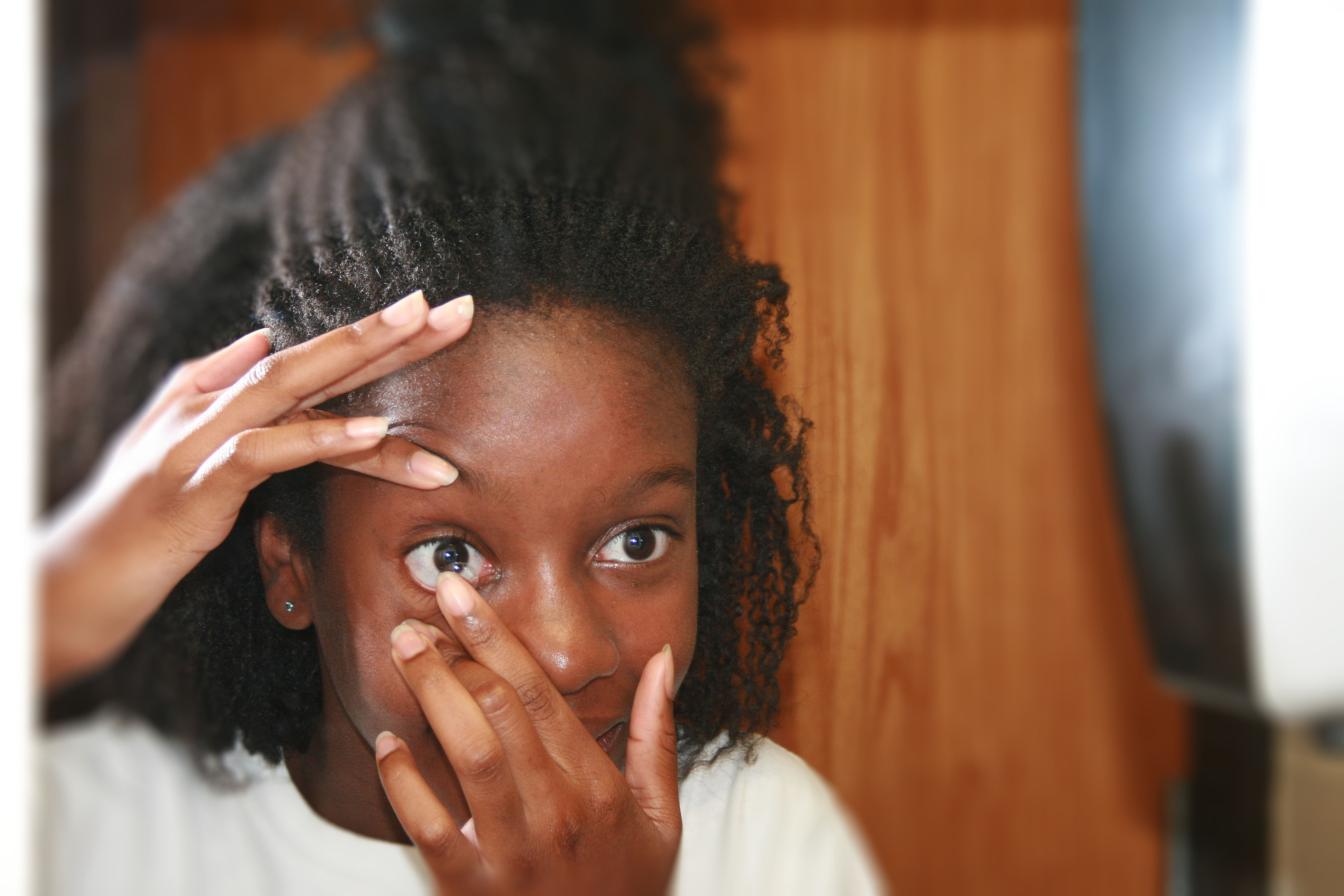
Slow the Progression of Nearsightedness with Myopia Control
Myopia, also called nearsightedness or shortsightedness, is a condition caused by elongation of the eye. As the eye continues to lengthen, nearsightedness increases. Myopia not only causes poor distance vision, but can affect the health of the eye. The nearsighted person can see objects close up but has difficulty seeing objects farther away. Myopia is generally not reversible, so today’s treatments are directed toward preventing it, compensating for it (using glasses or contact lenses), or slowing its progression, a process referred to as myopia control. Myopia control treatment is not a guarantee for any individual child, but research indicates that it offers the likelihood of success in slowing the progression of nearsightedness.
One method of myopia control involves fitting a child with a specific design of multifocal soft lens. These lenses can be worn through the day, just like other types of soft lenses, and like orthokeratology, multifocal soft lenses have been shown to slow the progression of myopia.
Another modality of myopia control is called orthokeratology. In this method, a child is fit with gas permeable contact lenses which are meant to be worn at night to temporarily reshape the front surface of the eye, the cornea. In the morning, lenses are removed and the child typically goes without correction for the day. There are many peer-reviewed studies which demonstrate the effectiveness of orthokeratology in slowing myopia progression.
The use of bifocal or multifocal glasses for the control of myopia can be for the specific case of children who have a condition known as esophoria, that is, their eyes turn inward somewhat. Your doctor will be able to tell you whether your child fits this special criterion.
The daily use of an eye drop called atropine is an effective method of myopia control. The drops are used at night in each eye at bedtime.
Doctors at the Patient Care Center use all of the methods described above to help patients who wish to control the progression of their myopia. If you would like to schedule a consultation in our Contact Lens service regarding myopia control for your child, please call us at (314) 516-5131.
If you are interested in learning more about myopia control, the sources below may be useful in your research:
http://www.allaboutvision.com/parents/myopia.htm
https://www.myopiainstitute.com/
https://www.ncbi.nlm.nih.gov/pubmed/26513719
